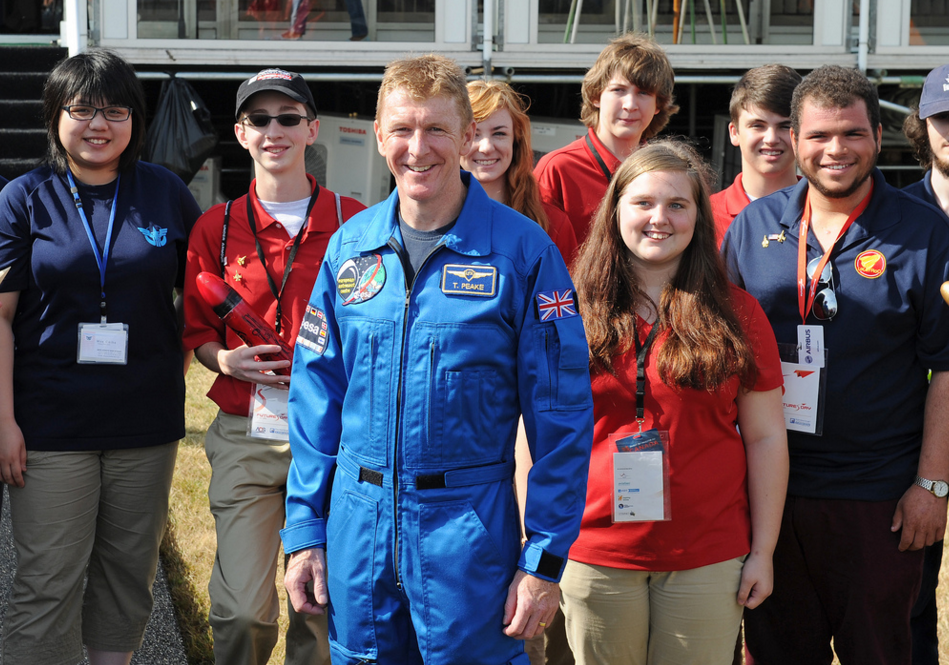
Last Thursday saw a lively and positive backbench business debate on ‘Space Policy’ in the House of Commons. Backed by all sides of the House, the debate highlighted the successes and achievements of the UK space sector.
The space sector is worth £11.8bn a year to the UK economy and there are plans to grow this through the space growth strategy to £40bn by 2030. In 2014 the sector generated exports worth around £4bn and it directly employs 34,000 people including over 1,000 apprentices. As Iain Wright MP, Chair of the Business, Innovation and Skills Select Committee, pointed out, the UK space sector is a dynamic and innovative sector which directly enhances the UK’s global competitiveness and attracts long-term investment delivering local jobs and national growth.
The UK’s Space Agency aims to grow the UK’s share of the world’s space economy from 6.5% at present to 10% by 2030. By current estimates this would be worth £40bn per annum of space enabled turnover and the creation of 100,000 new jobs. In order to achieve these goals the government published the first National Space Policy in December 2015.
The Policy recognises the strategic importance of the UK space sector and commits to support innovation to join-up working between academia and industry, to underpin private-sector investment and to fund a range of technology support programmes from blue-sky research to near-market applications.
Patrick Grady MP highlighted in the debate that the UK space industry is a diverse sector which designs, develops and manufactures technology that supports everyday lives. This ranges from predicting weather forecasts to providing remote banking services such as ATMs and allowing broadcasting transmissions to TVs. The UK space industry provides cross-sector applications and is an enabler of other industries such as providing earth observation services that allow environmental management and disaster monitoring.
Speaking in the debate the Parliamentary Under-Secretary of State for Life Sciences, George Freeman MP, confirmed the government’s backing for UK space sector and the importance of supporting leading technologies and industry. As well as developing our own national policy, George Freeman MP also emphasised the value that the UK derives from being involved with the European Space Agency (ESA):
“In the most recent competition, the UK won more than 10% of awards for experiments, although UK involvement in the space station is at about 5% of costs, so we are punching above our weight. Space-based activity is a long-term endeavour with international collaboration, industrial co-investment, skills development and considerable planning at its heart.”
An exciting example of ESA programmes that the UK is participating in is BepiColombo. Due to launch in 2017 BepiColombo will be the third spacecraft to visit Mercury. The spacecraft will take around six years to reach the planet and much of it will be built in Britain in partnership with several UK science teams.
The Space Policy debate was an excellent showcase of the UK space industry and highlighted many of the exciting opportunities ahead. With space in the spotlight, it is time now more than ever for the UK space sector to shine.





